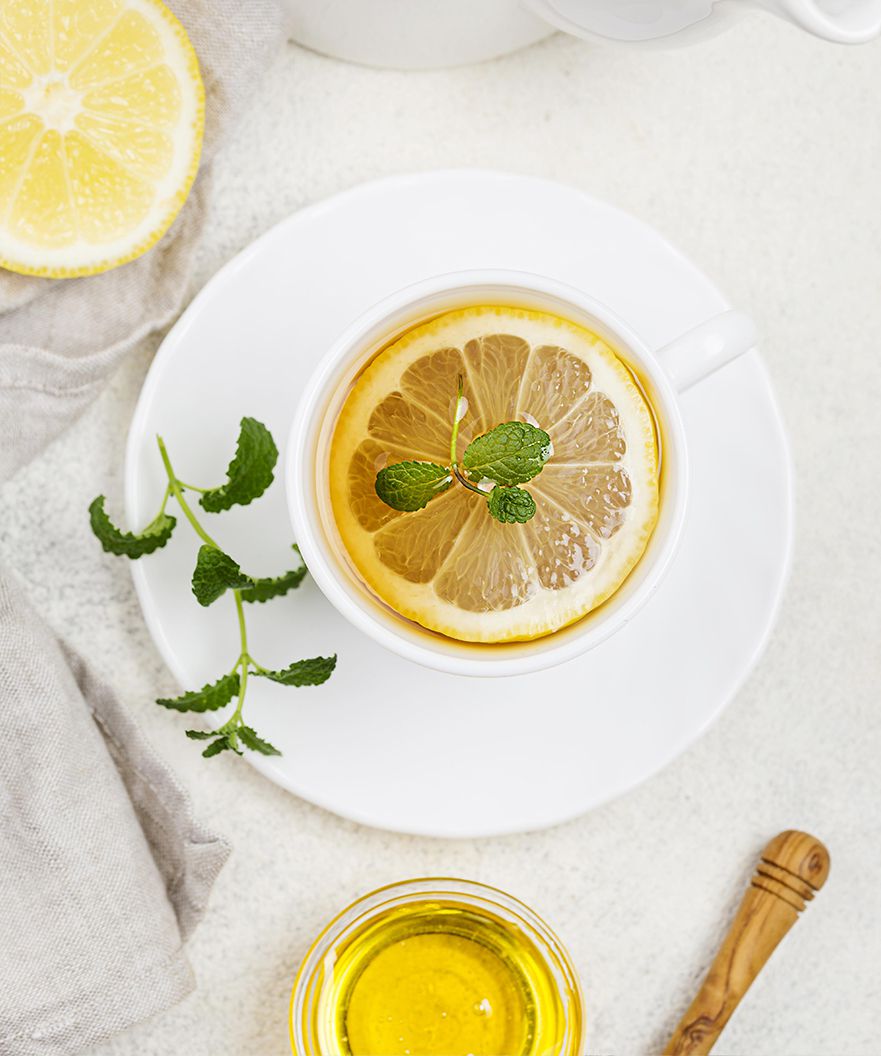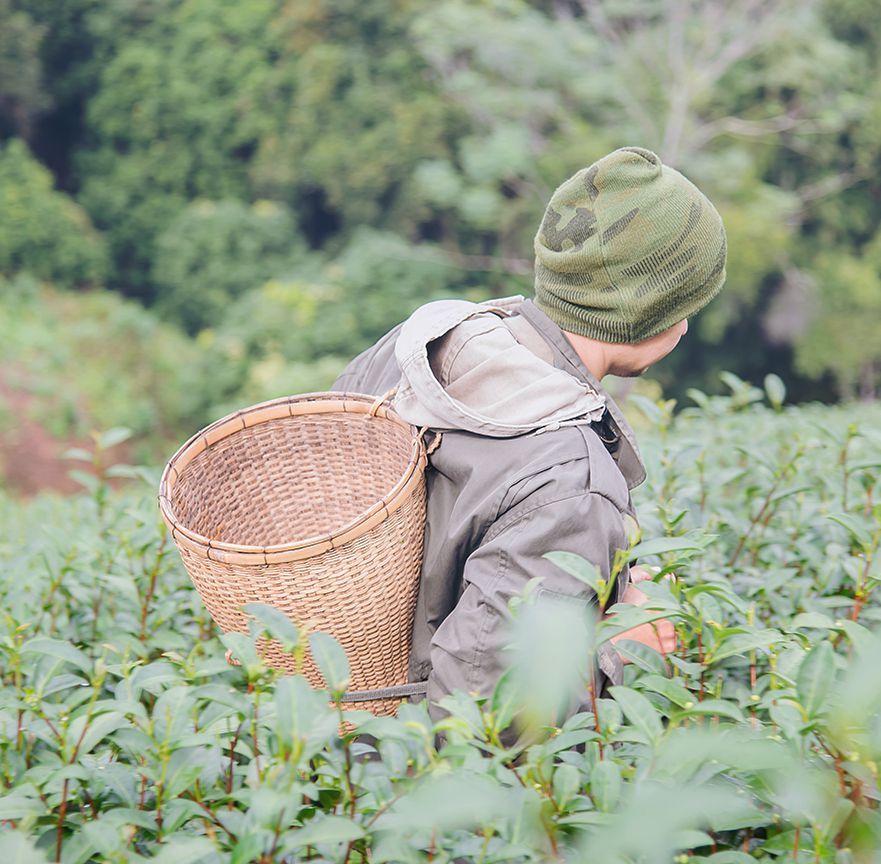High-quality white tea, floral and mild with a fragrant liquor
Discover our other teas:
Imagine yourself in the heart of Fujian, China's mythical province, where the millennial secrets of white tea are unveiled. This exceptional nectar, once reserved for emperors, is the fruit of a subtle alchemy between nature and expertise. Made solely from silver buds and young leaves, white tea is a symphony of delicacy, a gustatory poem with spring notes. Its production, a true art, combines natural withering in the sun and meticulous drying, thus preserving its precious antioxidants. The result? An infusion with subtle aromas, between floral notes of white peony and fruity freshness, revealing all the richness of its terroir.
High-quality white tea, floral and mild with a fragrant liquor
Transform the winter cold into a moment of comfort with our festive teas, herbal teas, and rooibos.
DiscoverIncredibly fresh white tea from Vietnam: unforgettable
Fruity and spirited white tea with ginger and lemon
Red fruit white tea, a fruity and harmonious blend
Exceptional white tea, each leaf is hand-rolled
Sweet and wild white tea with vanilla notes and rose petals
Rare white tea from Fujian, China, hand-pressed buds
Rare white tea from the Fuding region in China

A jewel of tea culture, fascinating enthusiasts with its rarity and refinement. Originally from China's Fujian province, this exceptional beverage stands out for its minimalist processing method and unique organoleptic qualities. Let's dive into the subtle universe of this grand cru, a true treasure of nature.
Made from Camellia sinensis like its green, black and oolong cousins, it is characterized by minimal processing. Mainly composed of silver buds and young leaves, it only undergoes two steps: withering and drying. This manufacturing method preserves the natural properties of the plant, offering an infusion with delicate aromas and exceptional virtues.
White tea gets its name from the fine white down that covers the buds at harvest time. This down, called "bai hao" in Chinese, gives the tea its characteristic silvery appearance.
The world of white tea contains several prestigious varieties, each with its unique characteristics:

The cradle of white tea is located in Fujian province, in southeastern China. This region, renowned for its high-quality tea manufacturing, benefits from an ideal climate and terroir for growing Camellia sinensis. The misty mountains and humid air of Fujian create perfect conditions for the slow growth of buds, allowing them to develop their unique fragrances.
Although China remains the main producer, other countries such as India (especially in Darjeeling), Nepal and Sri Lanka have also started producing this exceptional tea. These new regions bring their own nuances to the white tea profile, thus expanding the range of flavors available to enthusiasts.
The manufacturing process is distinguished by its simplicity and respect for the product:
This minimalist production method preserves the virtues and delicate flavors of white tea.
The history of white tea is shrouded in mystery and tradition:
To preserve the beneficial properties of white tea, proper storage is essential:
By following these tips, you can enjoy your white tea in the best conditions, preserving all the subtlety of its aromas and benefits.
White tea is recognized for its numerous health benefits, largely due to its richness in antioxidants and minimal processing:
Contrary to a widespread belief, white tea does contain caffeine, but generally in lesser quantities than black tea or coffee. The exact content can vary depending on the variety of white tea, growing conditions, and brewing method.
On average, a cup of white tea contains between 15 and 30 mg of caffeine, compared to 40 to 70 mg for green tea and 60 to 90 mg for black tea. This moderate caffeine content makes white tea an interesting option for those seeking gentle and gradual stimulation.
Thanks to its low caffeine content and relaxing properties, white tea can be an excellent option for evening consumption. Here are some reasons why white tea is well-suited for nighttime enjoyment:
However, for people particularly sensitive to caffeine, it is recommended to consume white tea at least 2-3 hours before bedtime.